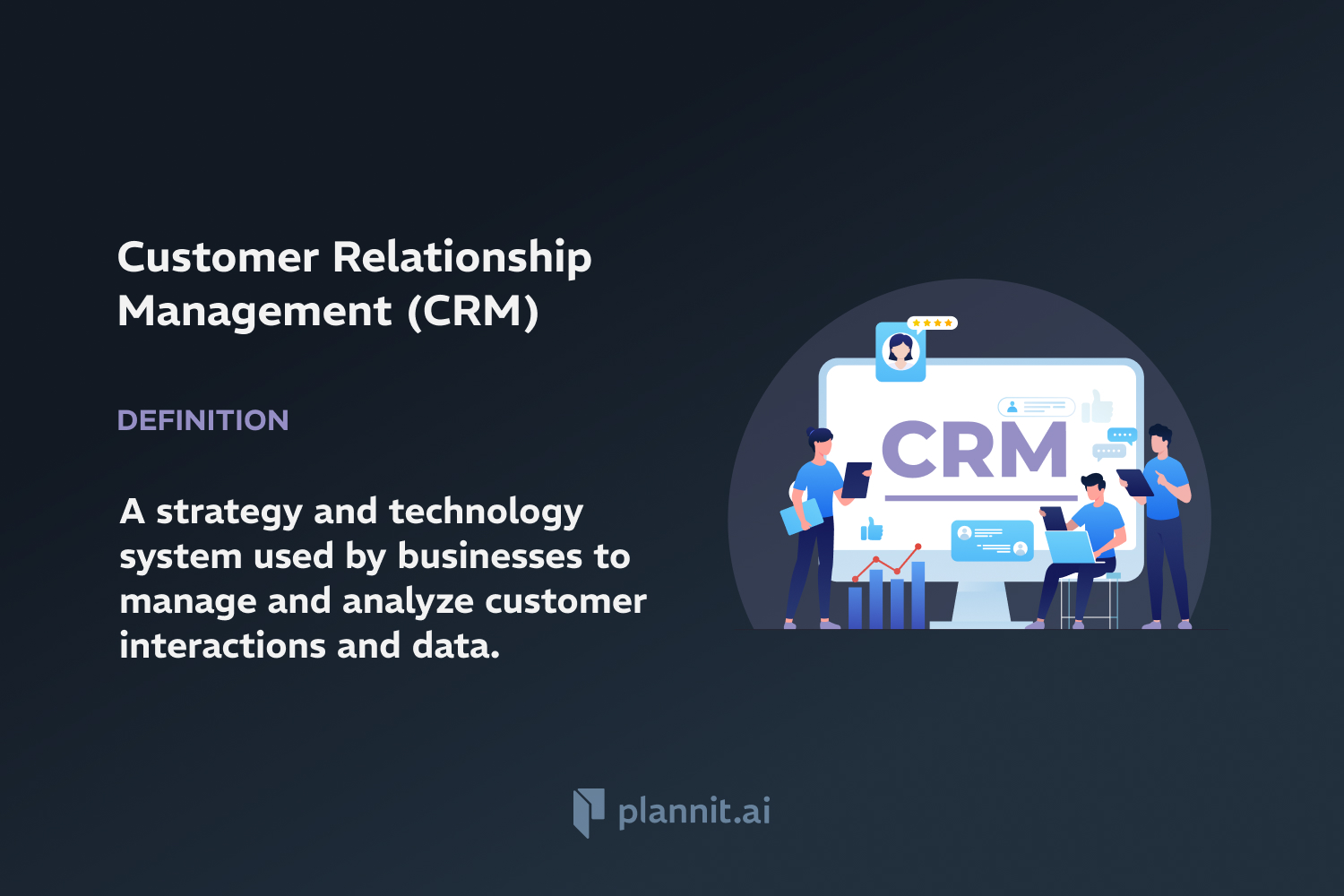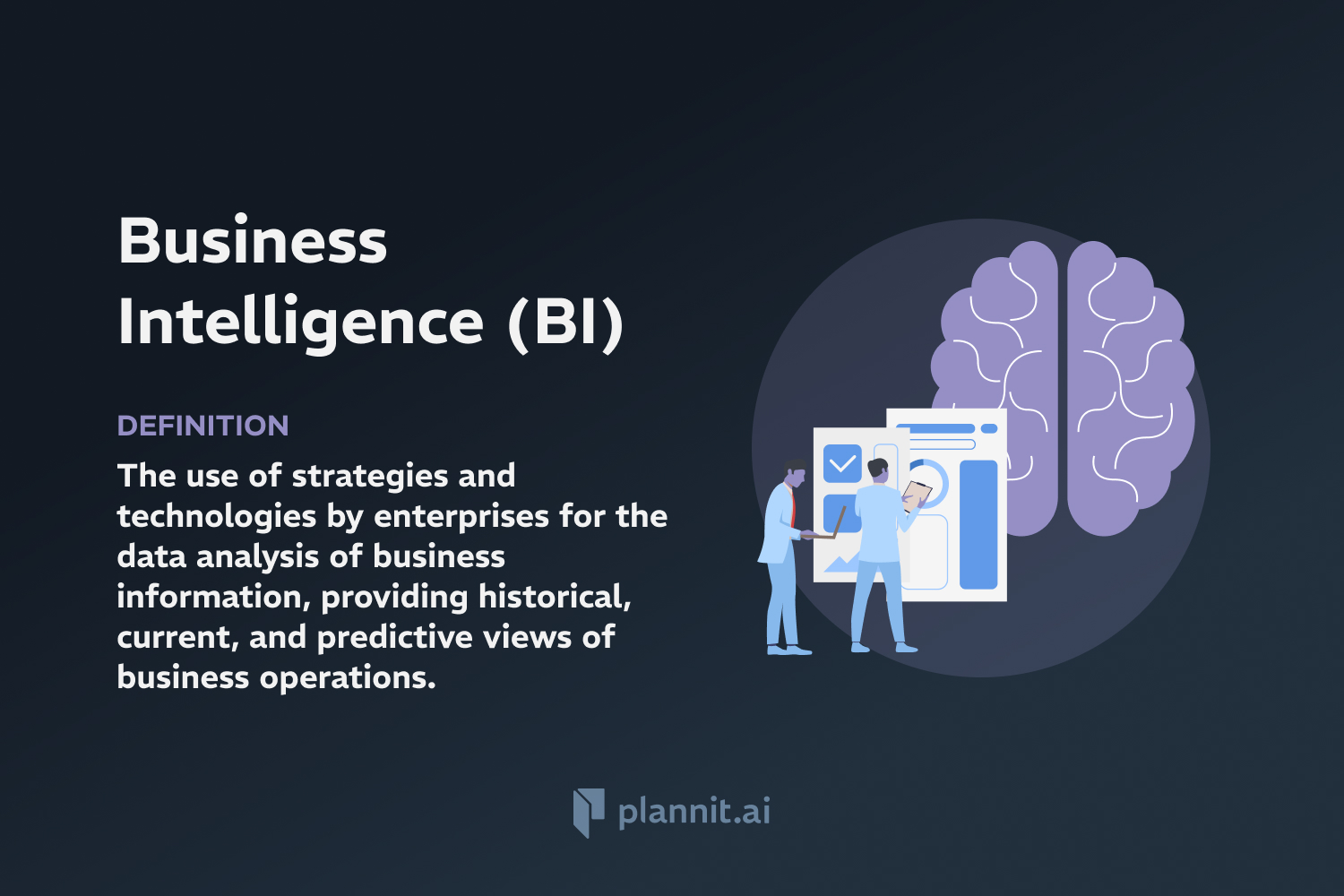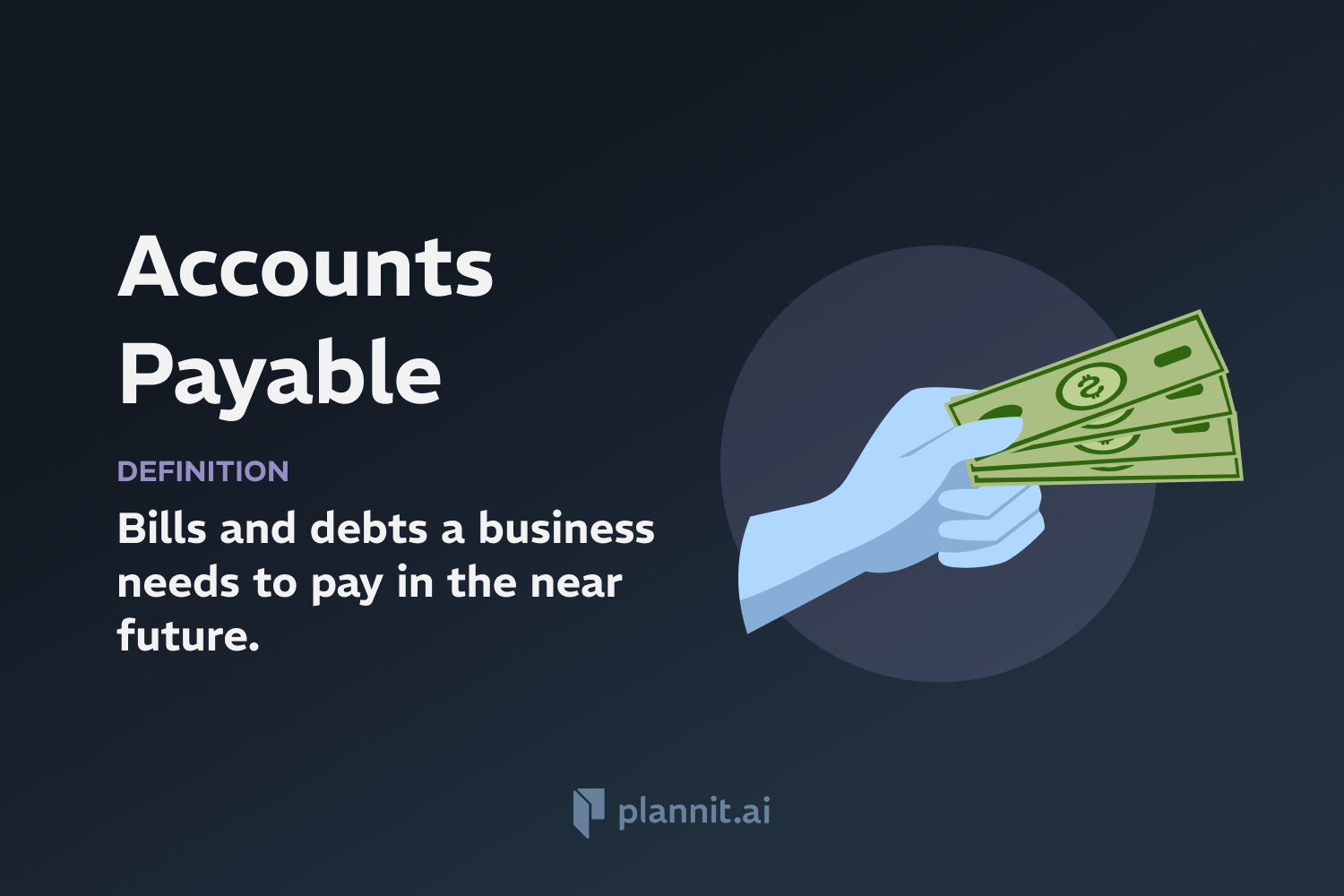Need Help With Your Business Plan?
Answer tailored questions and get a detailed business plan in minutes.
Overhead: Definition & In-Depth Explanation
Overhead, also known as overhead costs or operating expenses, refers to the ongoing expenses associated with running a business that are not directly tied to creating a product or service. These costs are essential for the day-to-day functioning of a business but do not directly generate revenue. Overhead includes expenses such as rent, utilities, administration costs, and salaries of non-production staff.
Purpose:
The purpose of tracking and managing overhead is to ensure that a business can maintain a cost structure that allows it to operate efficiently without compromising profitability. Understanding overhead is crucial for pricing, budgeting, and financial planning, as these costs need to be covered by the company’s income to achieve profitability.
Example:
For a manufacturing company, overhead costs might include the salaries of office staff, rent for the office space, utility bills for the office, and depreciation of office equipment. These costs are necessary for the business operations but are not directly involved in the manufacturing process.
Related Terms:
Direct Costs: Costs that are directly attributable to the production of goods or services, such as raw materials and labor costs.
Fixed Costs: Costs that do not vary with the level of production or sales, such as rent or salaries of administrative personnel.
Variable Costs: Costs that vary directly with the level of production, such as materials used in production.
Break-even Analysis: The process of determining when your business will be able to cover all its expenses and begin making a profit.
FAQs:
How do overhead costs affect pricing?
Overhead costs are incorporated into the pricing structure of goods and services to ensure that all costs are covered and a profit margin is achieved. Prices must be set high enough to cover both direct and overhead costs.
What is the difference between overhead and operating expenses?
Overhead refers specifically to the ongoing costs required to run a business that are not linked to specific business activities that generate revenue. Operating expenses is a broader term that includes overhead but also encompasses costs linked to the operations that generate revenue.
Can overhead be reduced?
Yes, businesses often seek ways to reduce overhead costs without impacting operational capacity. This can include negotiating lower rent, reducing utility costs, or optimizing administrative processes.
Why is it important to distinguish between overhead and direct costs?
Distinguishing between these costs helps in more accurate financial reporting, pricing, and profitability analysis. It allows businesses to better understand what it costs to produce their goods or services and what costs are incurred regardless of production levels.
Are overhead costs the same for every business?
No, overhead costs vary widely depending on the industry, size of business, and business model. For example, a digital startup may have lower overhead compared to a traditional manufacturing firm due to differences in physical assets and operational needs.
Get funding with a business plan that will impress investors.
Starting a New Business?



